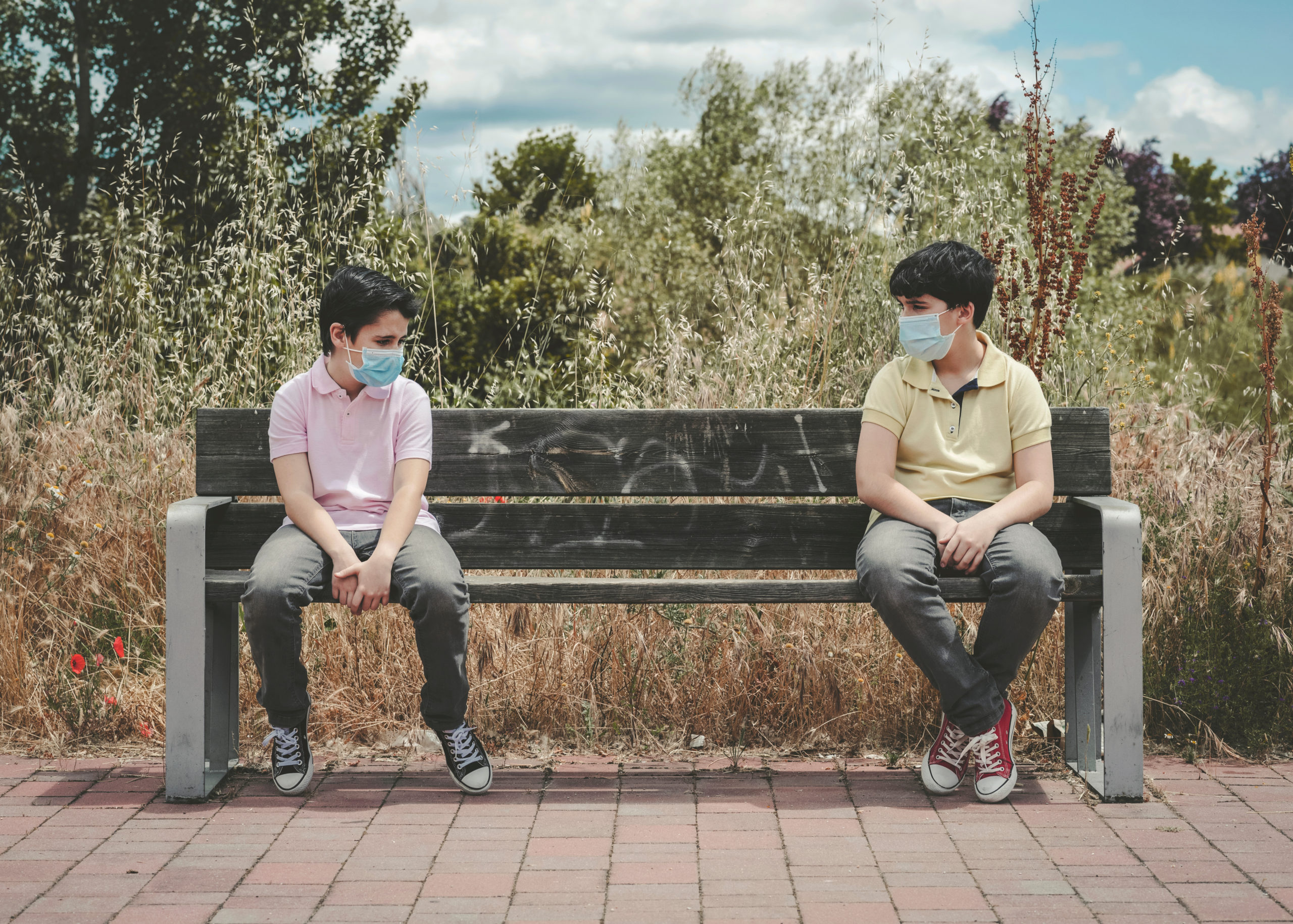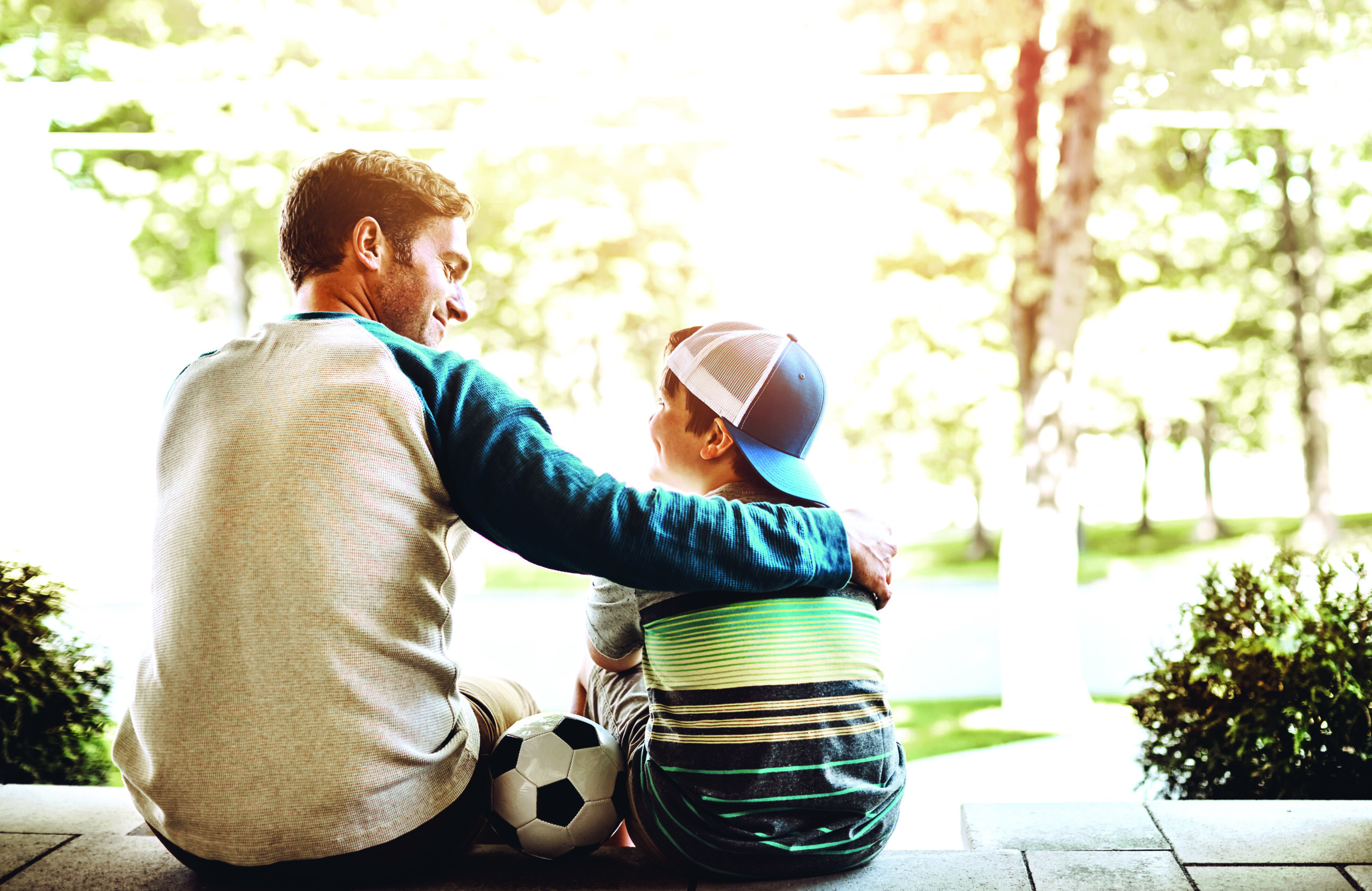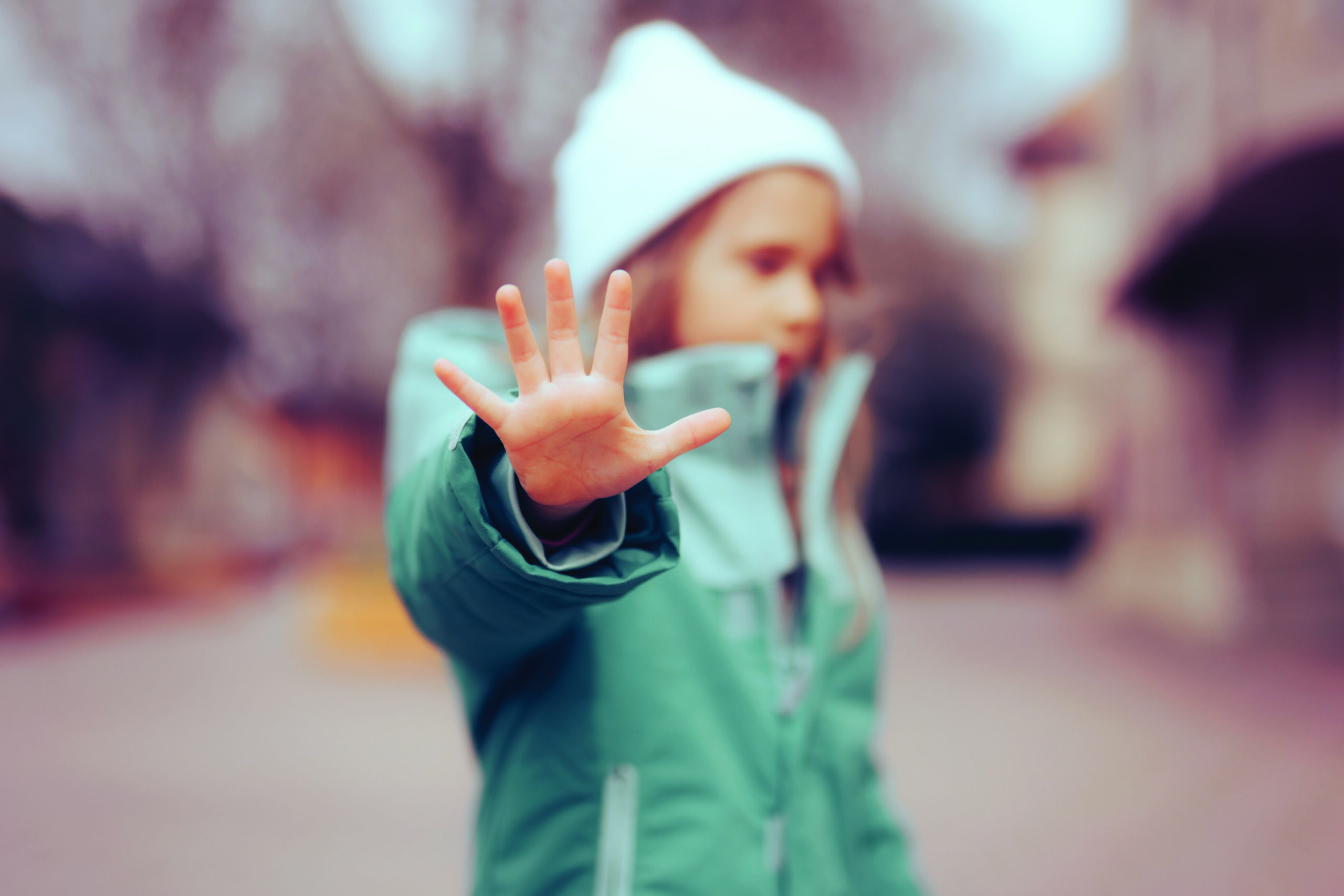by Jessica Zorn
People around the world have been getting used to a “new normal” since the coronavirus pandemic hit—traffic has slowed, businesses have closed and work schedules look entirely different. However, children have a tougher time dealing with significant changes than adults, especially when the changes involve a stay-at-home school schedule or a loss of extracurricular activities. Despite all the fear and uncertainty, there are some ways parents and caretakers can help children deal with anxiety or stress related to the coronavirus.
Listen and address rumors. First, make sure you listen to your child’s concerns and discuss them with age-appropriate facts about COVID-19. Rumors swirl amongst children with social media, and your child may be worried about something that simply is not true. Greeting your kids’ anxiety with compassion and a listening ear will bring you closer, and it will also validate the very real feeling of anxiety that children are experiencing.
Make a gratitude list. When your child becomes nervous about getting sick themselves (or about a family member getting sick), try asking your child to write a “gratitude list” that includes all
of the ways the family is working to stay healthy. Being grateful for masks, hand sanitizers, essential workers who strive to keep public spaces clean and health care professionals can help a child focus on what’s going right instead of what’s going wrong. It also reminds the child of how many safeguards are in place to protect them.
Focus on the positive. The same reasoning above applies to instruct your child to look for the “helpers” on the news. Even though people are getting sick and the world is changing, there are many emergency personnel, newscasters and healthcare workers who are still working to make the world a safer, better place. Children may need a reminder to focus on those helpers instead of the negativity.
Maintain a daily routine. It is highly imperative to make sure your child’s schedule stays as normal as possible. Even if learning is virtual, try to get your kids to wake up at their regular time, get dressed and eat breakfast as though they were physically traveling to school. It will help normalize the experience, and importantly, children will go to bed knowing what to expect the next day.
Schedule weekly activities in advance. If extracurricular activities are cancelled, try scheduling weekly or bi-weekly activities that mimic what your child would normally do; maybe try out a karate class on YouTube every Tuesday night, a virtual music or art lesson on Mondays or practice soccer out in the backyard after school on Wednesdays. If a child has more structure, then the world will not feel so out-of-sorts.
Seek professional help if needed. Not all problems are so easily fixed, however. Some kids suffer anxiety so intense that it starts affecting them physically. According to the CDC, look for signs such as intense fear or worry changes in sleeping or eating patterns or difficulty concentrating in your children. If your child suffers from anxiety attacks due to the coronavirus, it may be time to consult a professional in therapy services.
If your child suffers from an outright anxiety attack, try using a “grounding” technique recommended by therapists on TheHopeLine.com. Ask your child to identify five things around them that they can see, four things they can touch, three things they can hear, two things they can smell and one thing they can taste. It will stop the child from focusing on the entire world, and instead, teach them to focus on their immediate surroundings—which are safe and clean.
According to Medical News Today magazine, grounding techniques may work for some children, but well-studied treatments such as cognitive behavioral therapy may be more effective for others. Consult a professional therapist for more information.
Stay strong. The whole world is anxious during this pandemic, but children can be especially confused. By keeping structure in their daily lives and reminding them to focus on their immediate surroundings, parents can help their children navigate this difficult time. It is essential to set a positive example for children and show them what bravery looks like in the wake of COVID-19.








Leave A Comment